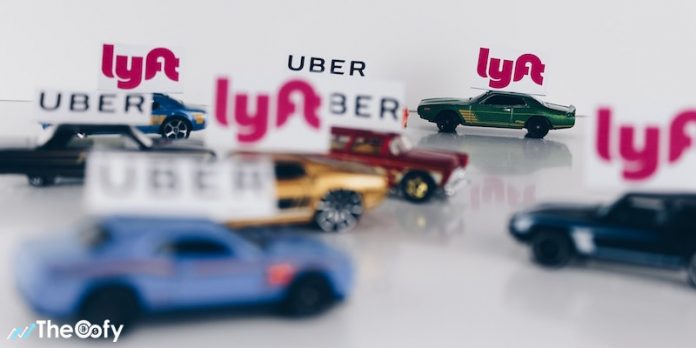Table of Contents
Interesting Facts about Two Transport Companies
Uber- Ride Service Hailing
UBER (Uber Technologies Inc) is an American owned multinational transport network company. They offer a range of services which includes peer-to-peer ridesharing, ride service hailing, food delivery, and a bicycle-sharing system. Uber and Lyft are going hand in hand nowadays. The company has its headquarters in San Francisco. Uber operates in 785 metropolitan areas worldwide. Uber is quite accessible as customers can get access via its website and mobile app. The company was founded in 2009.
Lyft – A Transport Company
LYFT (Lyft Inc.) interestingly is also a transport network company based in San Francisco, California. The company operates in 640 cities in the United States and 9 cities in Canada. Services have rendered by the company is so much similar to the services which have provided by Uber. And one can get accessory to these services by the LYFT app.
The Disappointing Debut of UBER and LYFT
These companies, UBER and LYFT have almost the same mode of operation. They engage in pricing wars and also fund new ambitions. This results in stiff competition. Uber, who went public earlier this month, still trades 8% below its IPO price of $45. And from its late-March debut, Lyft is 21 percent below the $72 IPO price. Retail investors who have purchased Lyft on their first day—when stock spiked to as high as $88.60—look at large paper losses. These companies have decided to break below their IPO prices which affected their performance when they went public.
Why Uber & Lyft IPOs Failed?
Mack, a banker at a San Francisco investment bank that serves as an Underwriter on IPOs for different firms have made it known that the problem was that these companies have stayed private for too long.
Smith of Renaissance has capital made it known these companies had been valued privately at a level which had not been followed through in the public market. Smith also has added that conservatively pricing Uber and Lyft’s IPOs would have been the only way to do so. At prices sharply below previous funding rounds, also creating paper losses for venture capital companies. If these money-losing companies plan to do well on their IPOs, they have to demonstrate how they will eventually make money. Investors just don’t go investing blindly rather, they look for a clearer path to profitability.




